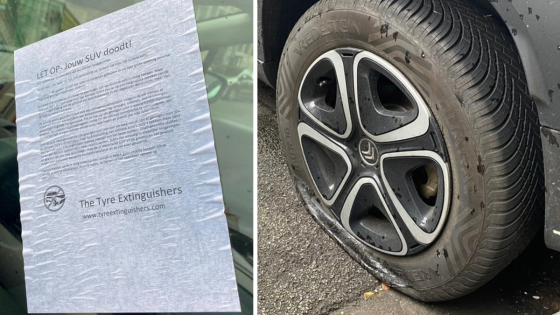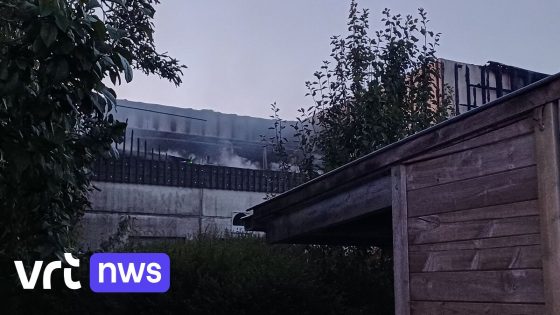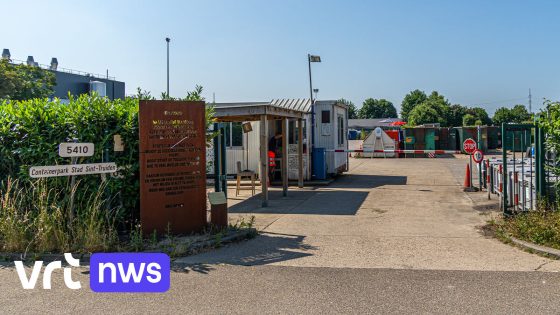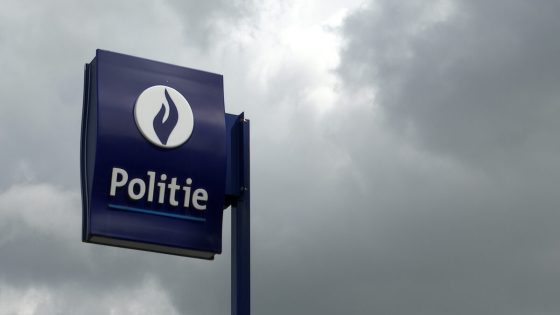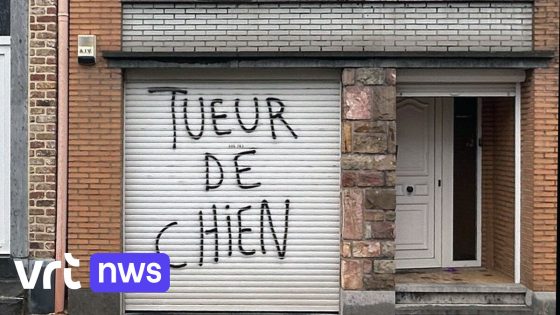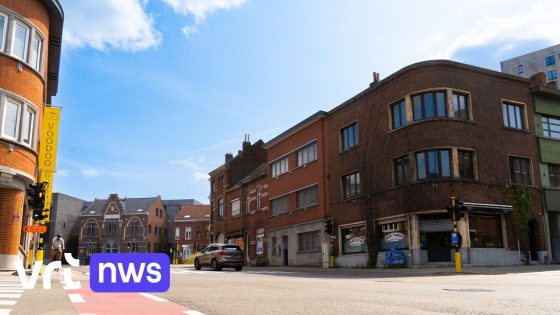On the night of 2 July 2025, a bold action involving the deliberate deflation of car tyres took place near Bouwmeestersstraat in Sint-Amandsberg. This incident, part of ongoing protests by the climate activist group Tyre Extinguishers, targeted heavy vehicles, mostly SUVs, drawing attention to their environmental impact. The Gent police responded swiftly with five teams, arresting four suspects who were later released after questioning.
- Klimaatactiegroep Tyre Extinguishers zet autobanden plat
- Politie arresteert vier verdachten in Sint-Amandsberg
- Dertien voertuigen kregen platte banden tijdens actie
- Stad Gent past GAS-reglement aan voor boetes
- Activisten richten zich op zware voertuigen en SUV’s
- Tyre Extinguishers verspreiden brieven met klimaatboodschap
The activists left pamphlets under the windscreen wipers of affected vehicles, explaining their motives. This act sparked debate about the legality and social implications of such direct action in Belgium. As of 2025-07-03 20:47:00, authorities continue to investigate and encourage victims to report any damage.
What drives these activists and how is the city of Ghent responding? The following summary offers clarity on this growing local issue and its wider implications.
Is this form of protest justified or illegal? While activists argue their actions raise awareness of climate damage caused by large vehicles, the law in Belgium clearly prohibits intentional tyre deflation. Ghent has updated its GAS regulations to impose fines, but enforcement remains challenging. Key points include:
- Tyre Extinguishers focus on SUVs due to their higher pollution and accident risks.
- Authorities arrested four suspects but released them after administrative detention.
- Thirteen vehicles were targeted, with police urging other victims to report incidents.
- Fines can reach €350, reflecting the city’s tough stance against such sabotage.
As this debate unfolds, will more Belgian cities follow Ghent’s lead with stricter rules? Residents and drivers are encouraged to stay informed and report any suspicious activity promptly to local authorities to safeguard their property and support constructive climate dialogue.



